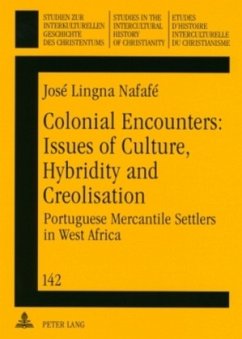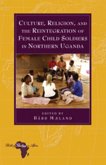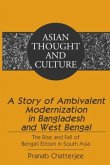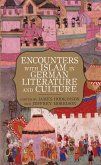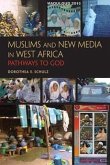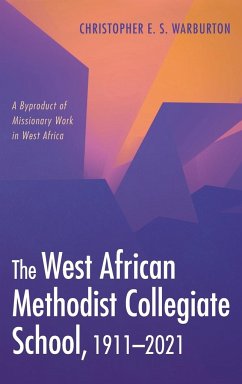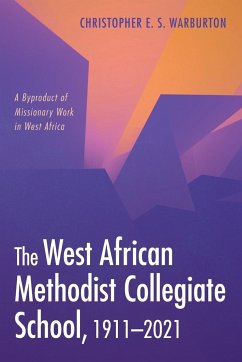This book explores the first encounter in the mid-fifteenth century between Western Europe and the West African Coast, arguing that it did not produce hostility, but rather a climate of beneficial mutual exchange. It examines West African pre-colonial social history and asserts that around the year 1500 West Africa became a safe haven for those fleeing political or religious persecution in Europe. Among them were mercantile settlers, Tangomãos or Lançados, known to have arrived on the West African Coast after the Portuguese explorers in 1446. They exchanged commodities, culture, religious ideas and practices with West African people. These events raise searching questions on the nature of identity and space.
«The nature of colonialism and its legacies are among the most fundamental issues confronting global social inquiries today. Dr Lingna Nafafé has produced a book of rare distinction. Working across a range of languages and spatial locations, he has shown the reciprocal effects of the colonial trades in goods and people on the identities of traders settlers and indigenous settlers alike. The book will be required reading in a number of disciplines, history, theology, sociology and cultural studies.» (John Holmwood, Professor of Sociology and Head of Department, University of Birmingham, UK)

